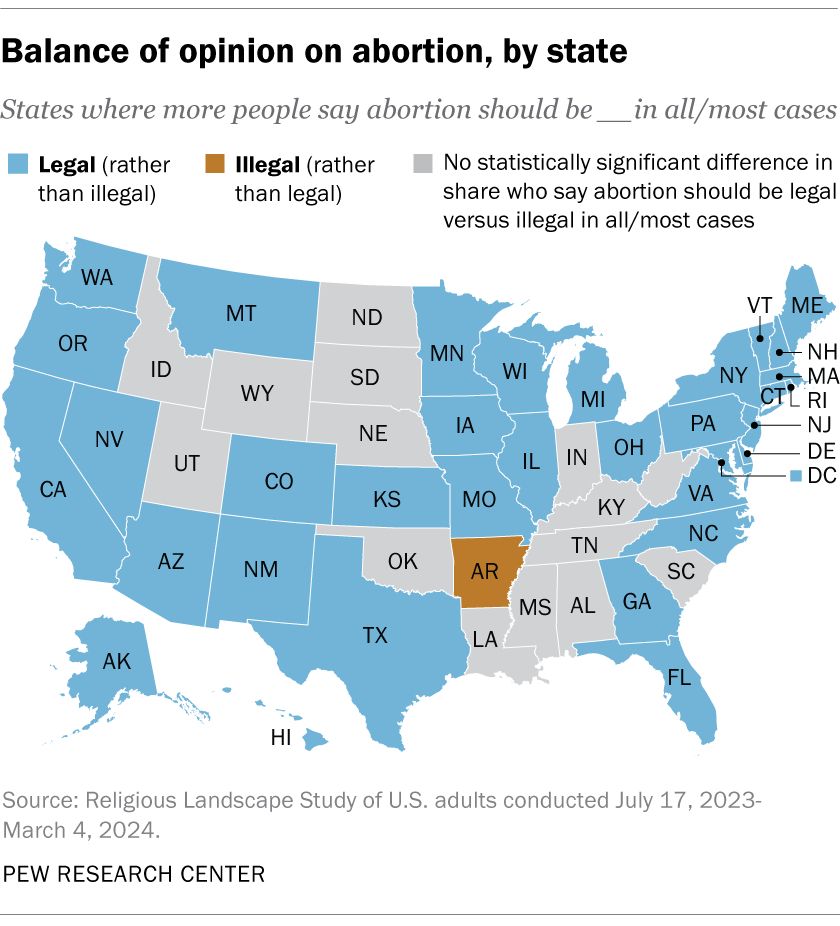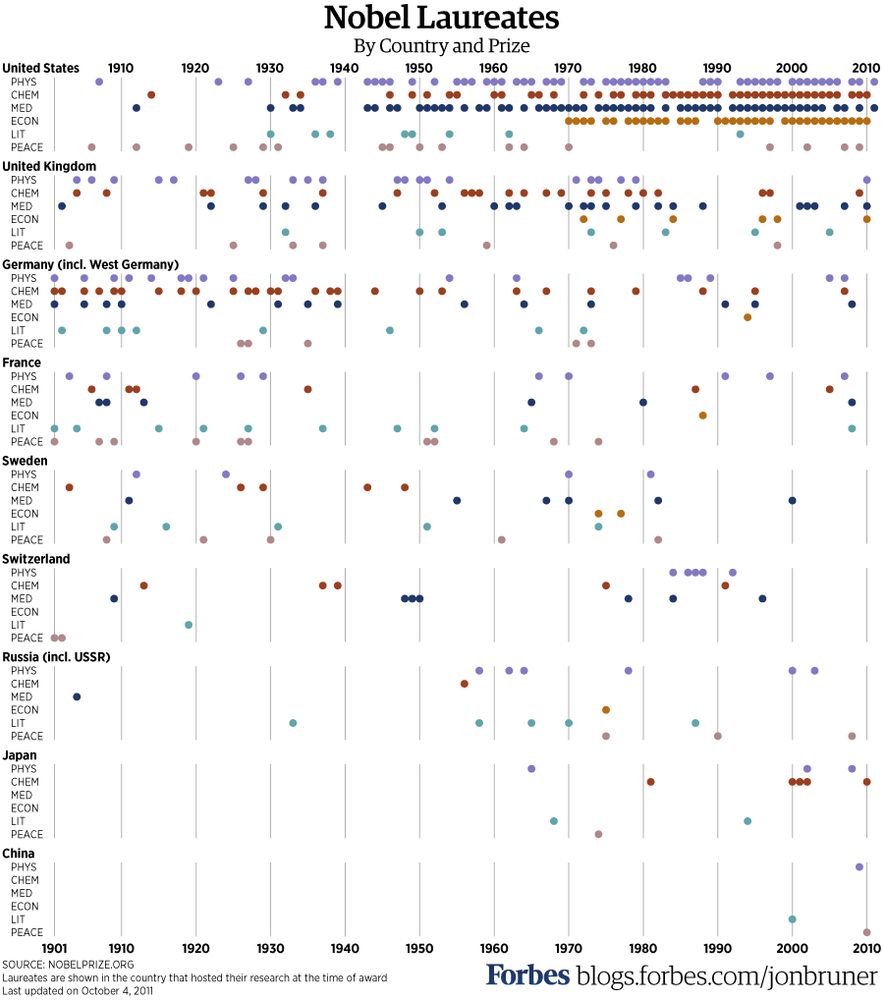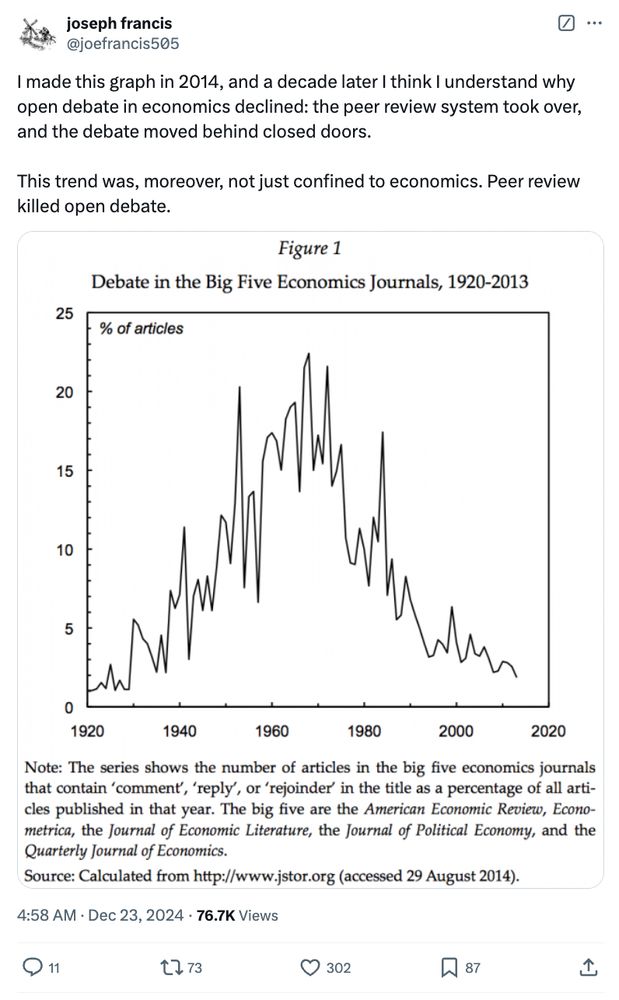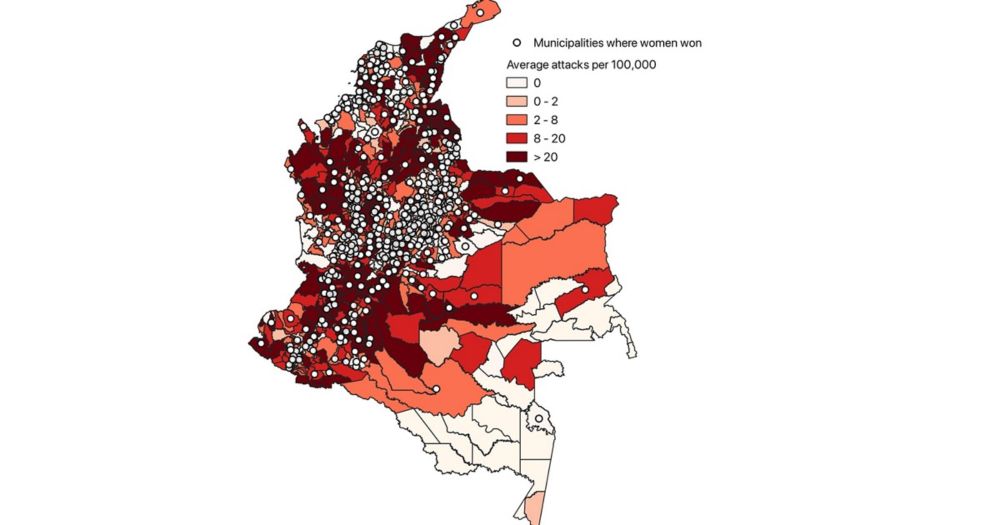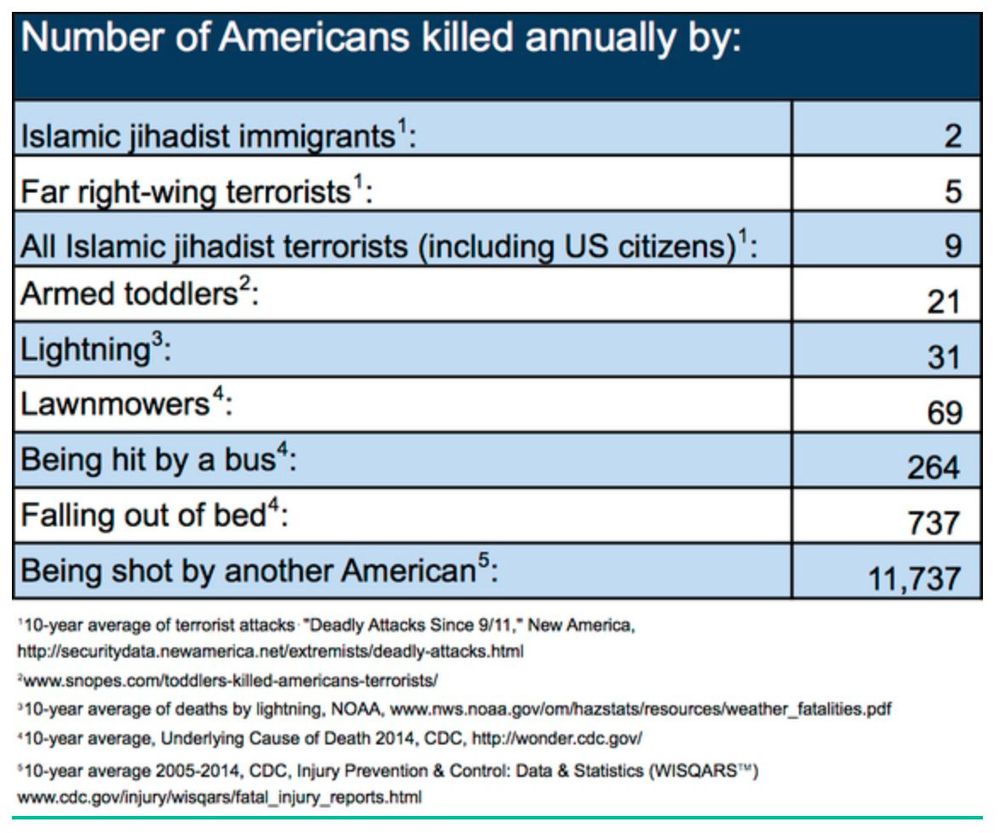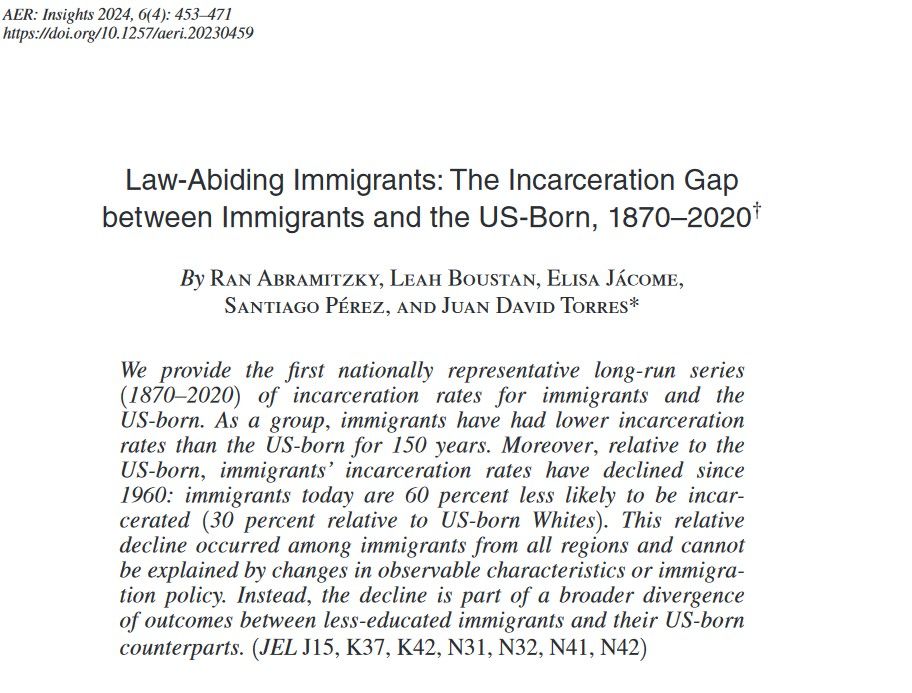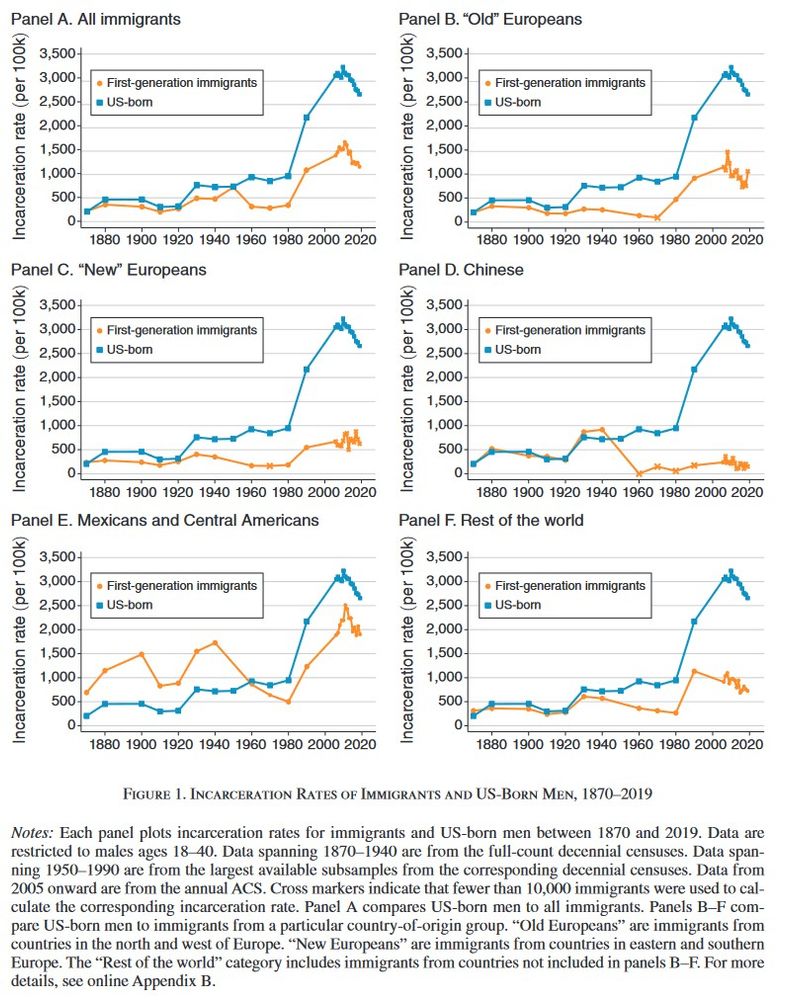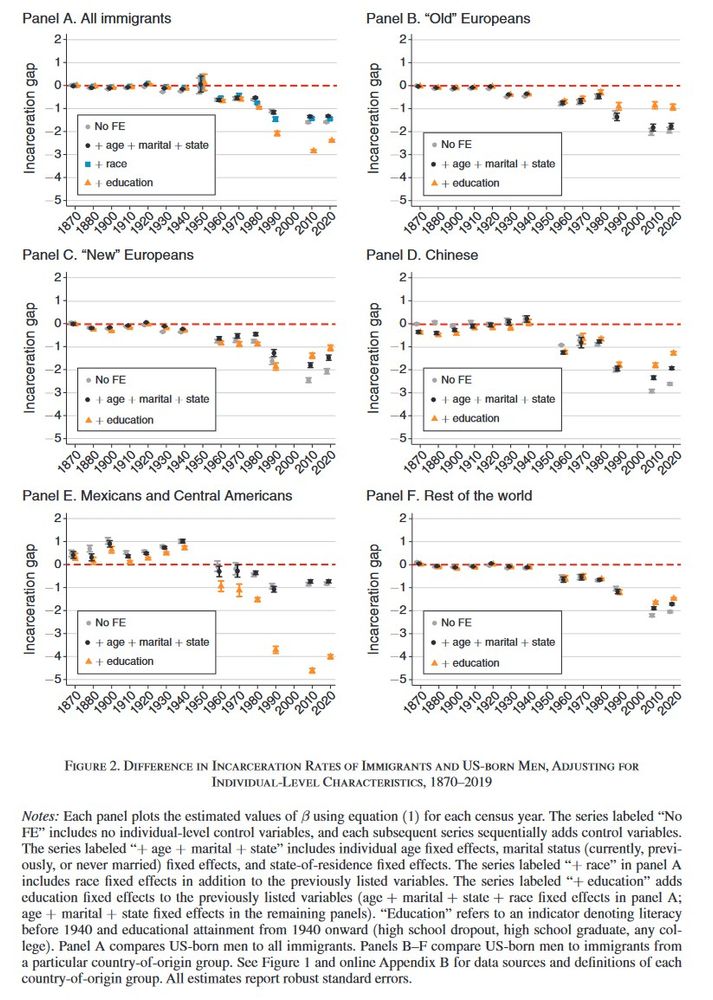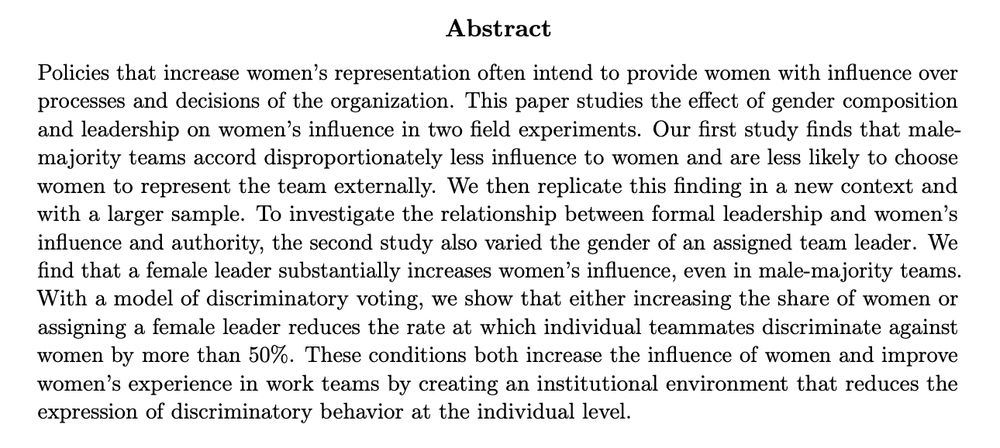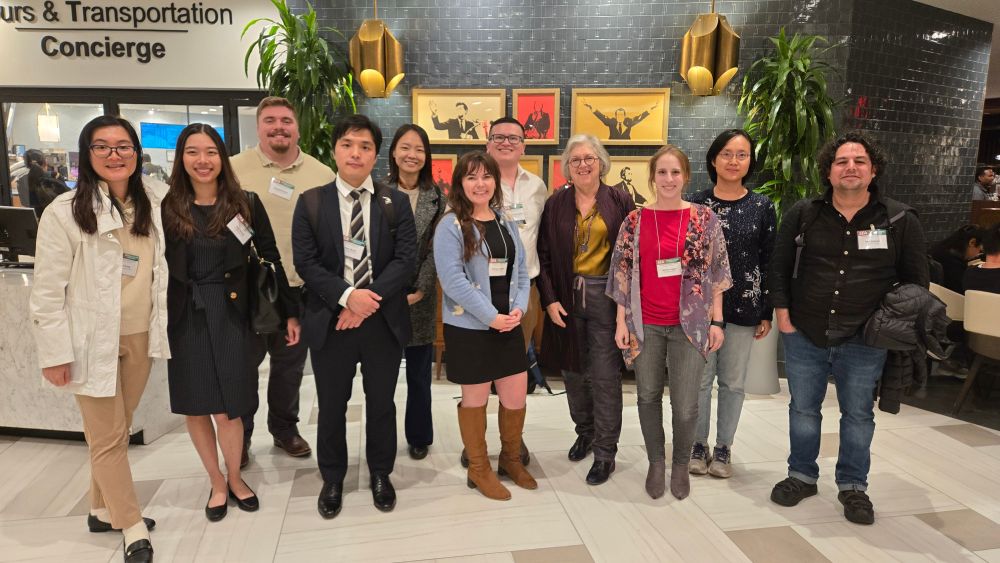Catherine Eckel
@eckelc.bsky.social
1.5K followers
510 following
25 posts
I'm a behavioral/experimental economist at Texas A&M.
Posts
Media
Videos
Starter Packs
Reposted by Catherine Eckel
Reposted by Catherine Eckel
Reposted by Catherine Eckel
Catherine Rampell
@crampell.bsky.social
· Mar 31
Reposted by Catherine Eckel
Catherine Eckel
@eckelc.bsky.social
· Feb 28
Aaron Sojourner
@aaronsojourner.org
· Sep 8

Treasury recovers $1.3 billion in unpaid taxes from high-wealth tax dodgers
The IRS has collected $1.3 billion from high-wealth tax dodgers since last fall, the agency says, crediting spending that has ramped up collection enforcement through President Joe Biden's signature…
apnews.com
Catherine Eckel
@eckelc.bsky.social
· Feb 27
The New York Times
@nytimes.com
· Feb 12
Reposted by Catherine Eckel
Catherine Eckel
@eckelc.bsky.social
· Jan 27
Reposted by Catherine Eckel
Reposted by Catherine Eckel
Palma Polyak
@palmapolyak.bsky.social
· Nov 27
Reposted by Catherine Eckel
Catherine Eckel
@eckelc.bsky.social
· Dec 2
AEA Journals
@aeajournals.bsky.social
· Sep 12
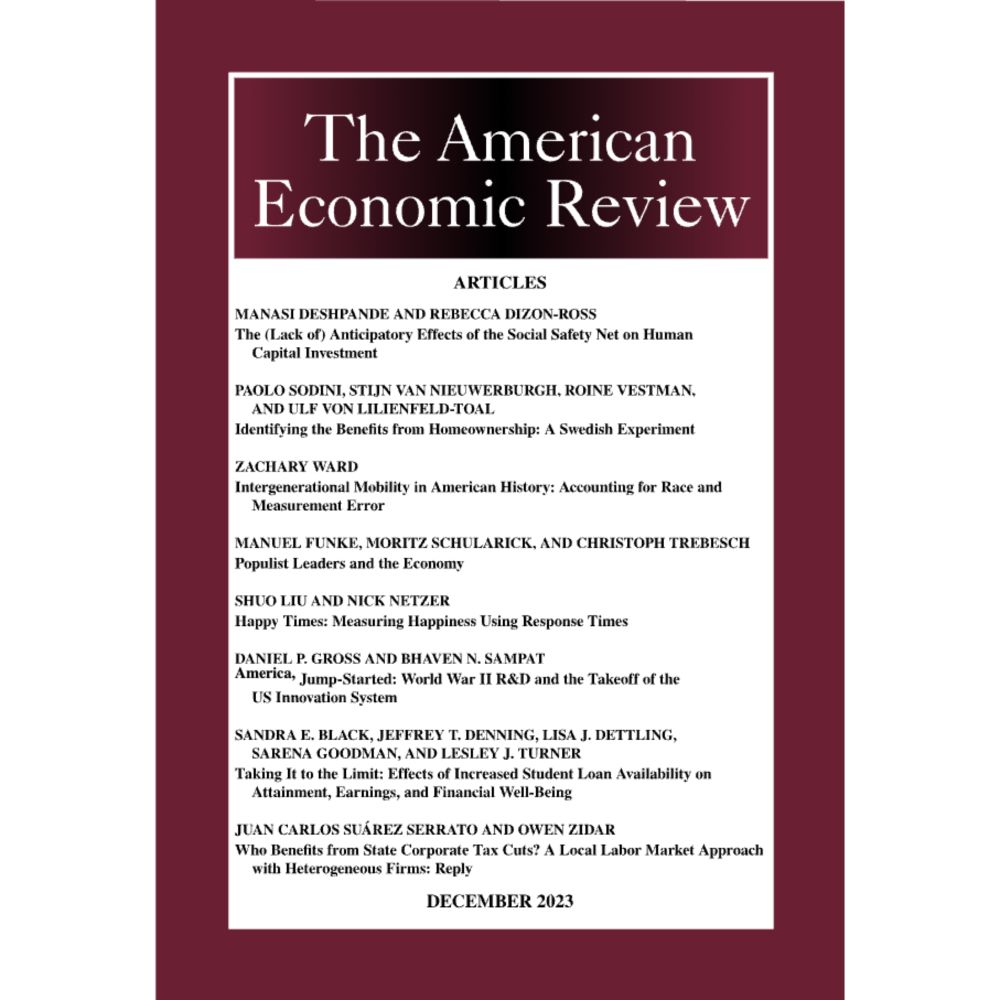
Decisions under Risk Are Decisions under Complexity
(Forthcoming Article) - We provide evidence that classic lottery anomalies like probability weighting and loss aversion
are not special phenomena of risk. They also arise (and often with equal strengt...
www.aeaweb.org
Reposted by Catherine Eckel
Reposted by Catherine Eckel
Catherine Eckel
@eckelc.bsky.social
· Nov 26
Reposted by Catherine Eckel
Robert Metcalfe
@rmetcalfe.bsky.social
· Jan 11
Reposted by Catherine Eckel

